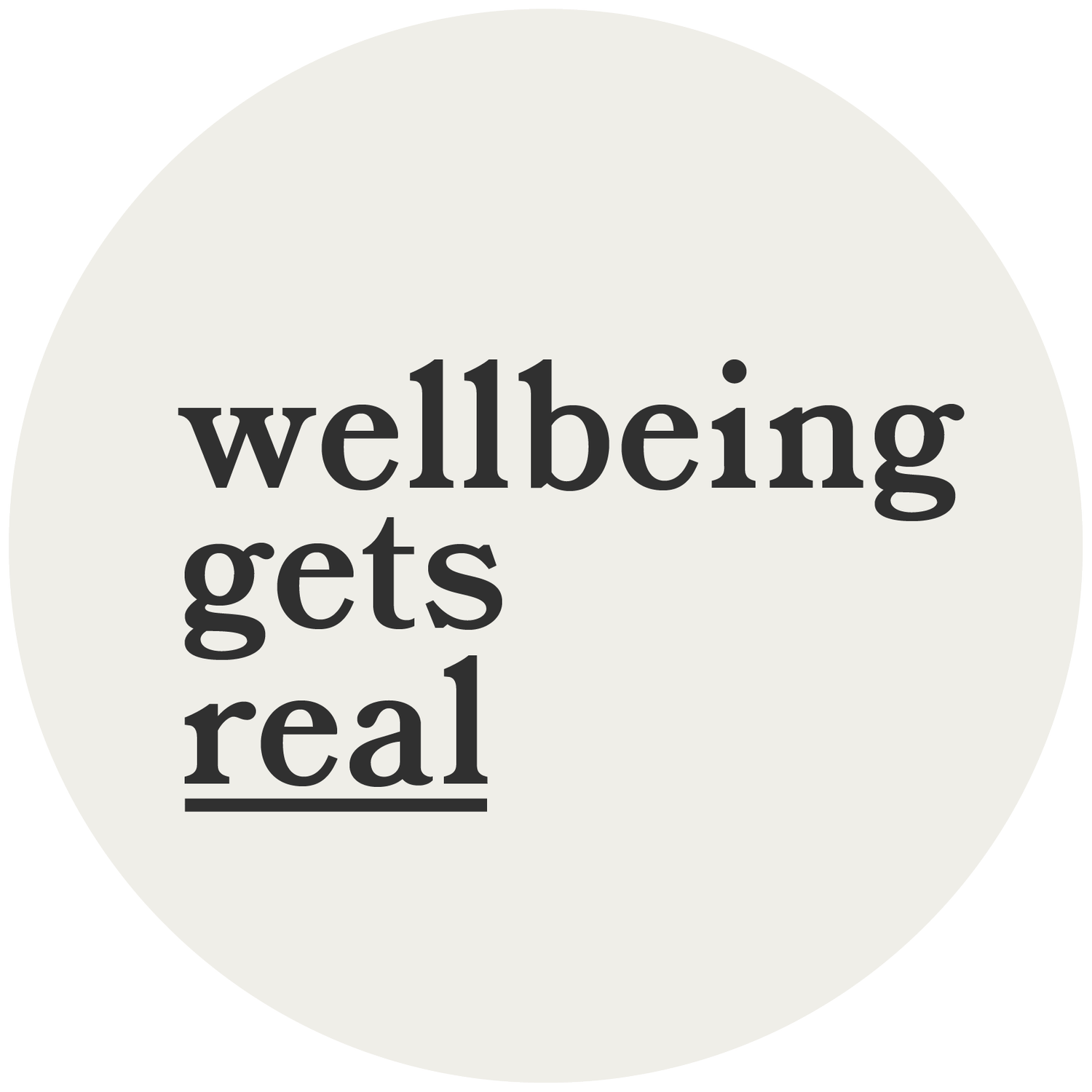10 Ways To Optimize Your Brain
Simple tweaks to your everyday day can be made in order to optimize your brain.
Here are ten ways to tweak your day:
Switch off and get mindful – Our brains need downtime/ time off-line to re-adjust certain chemicals that help us focus, complete tasks and create aha moments. Decide when this works best for your circumstance and switch off for five minutes, five times during your day. An ideal scenario would be working in 90 minute blocks and switching off for 5 minutes (or more). Remember small steps - start by doing it once a day – I recommend starting with 5 minutes before sleep (working up to 30 minutes). Make this a nightly routine and reap the rewards on so many levels. Switch off and enhance your ability to pay attention with mindfulness - Your brain is like a muscle. Among so many other benefits, regular practice of Mindfulness can change the structure of your brain to help you better focus and optimize your brain.
Connecting face-to-face with people you like and with nature – Allows for the natural re-uptake of dopamine (a chemical we naturally produce). If not allowed these moments, we flush dopamine from our system because we’ve created excess through our continuously stimulated lifestyle. We need dopamine in order to focus and be motivated to achieve goals and feel rewarded as we achieve them. Plus there’s the whole social brain factor - social connections help us to thrive and optimize our brains, but that’s for another post.
Reduce choices – Too many choices can cause paralysis, where we are unable to choose anything at all. Being faced with so many options, and filled with the need to research them all to find the best one, is a common cause of cognitive overload (and anxiety which also hinders our ability to focus). Employ someone else to do the research so there are fewer options for you to choose from.
Limit multitasking – When we switch between tasks, our brains must stop any processing of the current task and load new information for the next task only to reload information of the previous task. This can happen quickly and may look like multitasking but the chopping and changing takes its toll on our energy. So a twenty-five minute task may end up taking more than two hours to complete. To enhance your ability to focus and learn and increase your performance, stick to one thing at a time.
Prioritise – Create a list at the end of your day and highlight the top two tasks you wish to focus on the next day. (Making a list is in itself energy zapping so don’t waste precious deep thinking time on this). Your brain is at its peak (for most of us) in the morning. As the day rolls on, your mental energy and resources wane with the amount of tasks you focus on. Whatever time of the day works best for you (whether you are a lark or a nightingale) do your most important an deep thinking work then to stay on task. Save the shallow work for other times.
Synthesized thinking – Our brains make more neural connections when we thoughtfully compress huge amounts of information into a few sentences. I always find teaching the information I have just learnt to someone else perfect to help synthesize my thinking. Information downloading with little thought weakens the brain’s neural connections. Use it, or lose it!!
Challenges – Seek new challenges and break the status quo. Reflect on and re-evaluate current processes, become more innovative – your brain will thrive and be optimized as a result.
Sleep – Clears away toxins, processes information and emotions and makes new neural connections. Sleep recharges the brain and allows the body to relax and heal. Most of us need seven to eight hours of non-interrupted, peaceful sleep each 24 hours. Create the best sleep routine and sleep environment you can, given your circumstance, to get the most out of your brain.
Fitness – Get active to allow more blood flow to the brain and enjoy a sharper mind and a better memory. Movement that raises your heart rate will also help you regulate your emotions, through releasing hormones to temper stress and through releasing chemicals to increase feelings of happiness - this will help your decision-making skills and protect and produce new neurons in your brain. Aim to move for one hour, three times a week.
Diet - When we eat foods that produce high levels of energy/glucose (like white bread) and have big meals, we experience a high followed by a low. Our bodies find the excess glucose hard to break down and our blood sugar level lowers. This is why we feel flat, not alert and our performance goes down. You may also feel a mythical high after consuming caffeine, but too much can cause anxiety, heart palpitations and disrupt sleep. Look to Mediterranean diets for inspiration and optimize your brain through your gut health.

